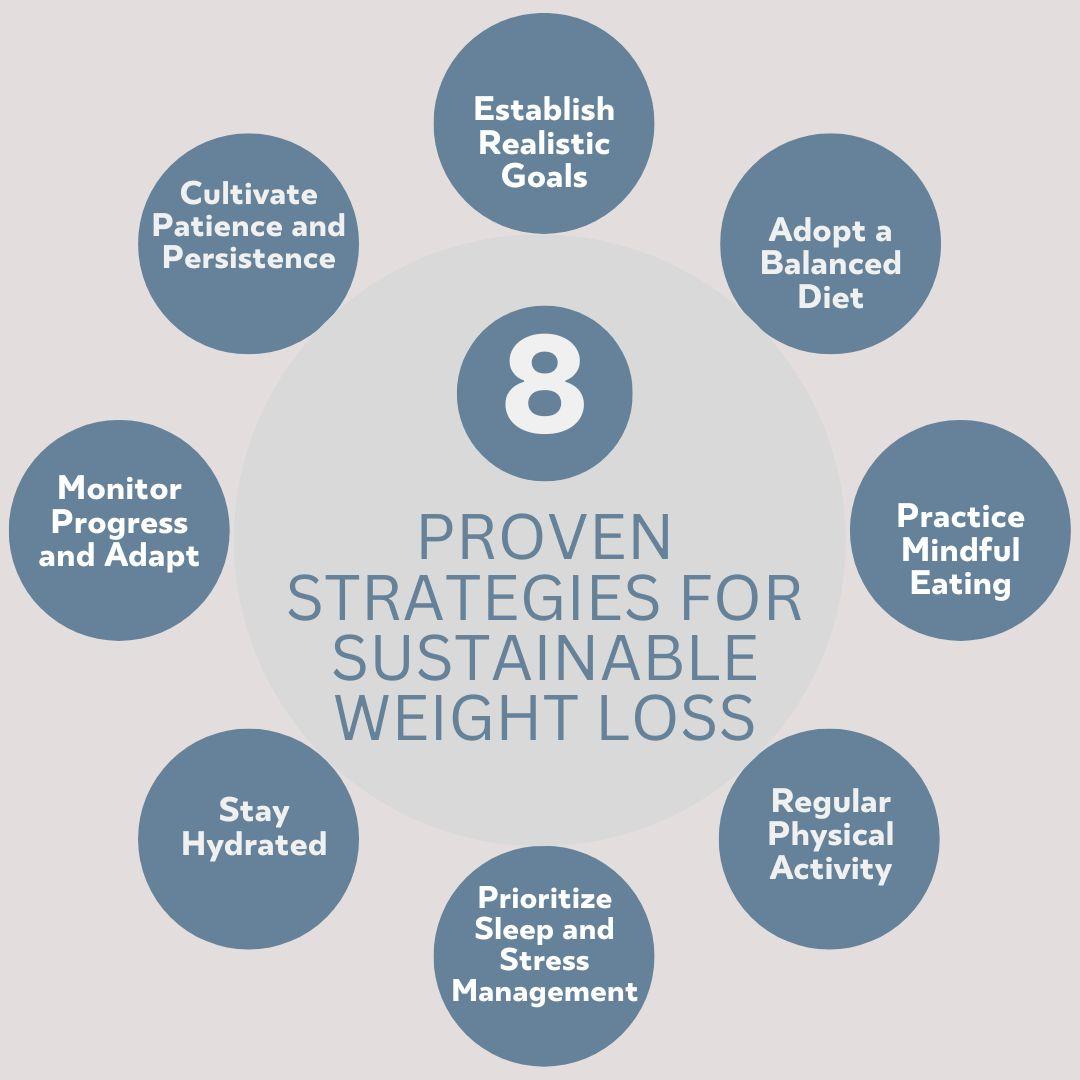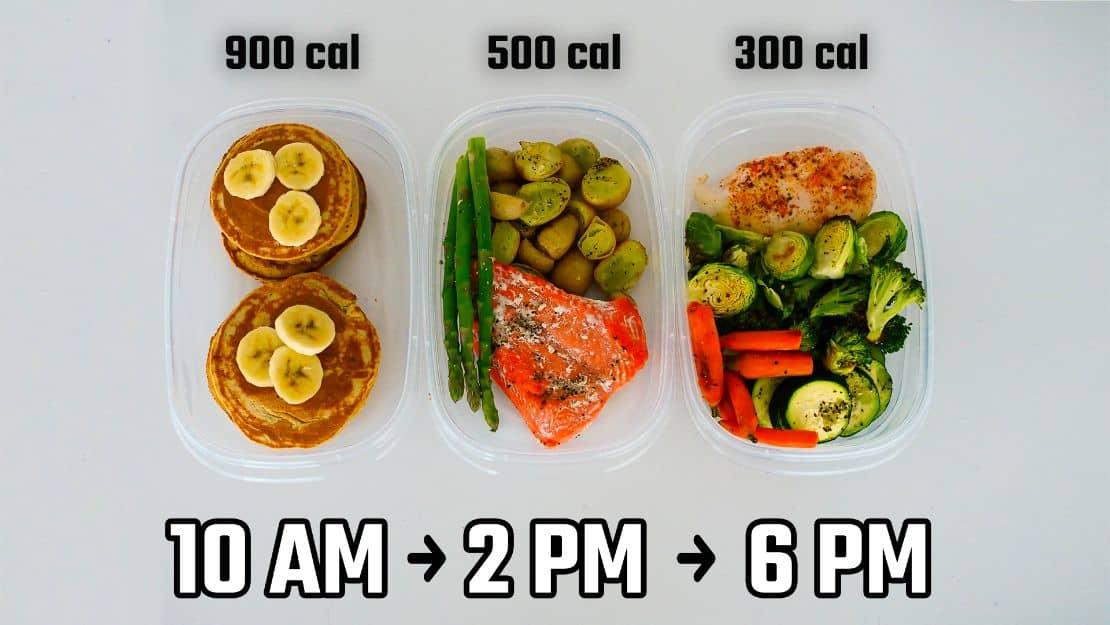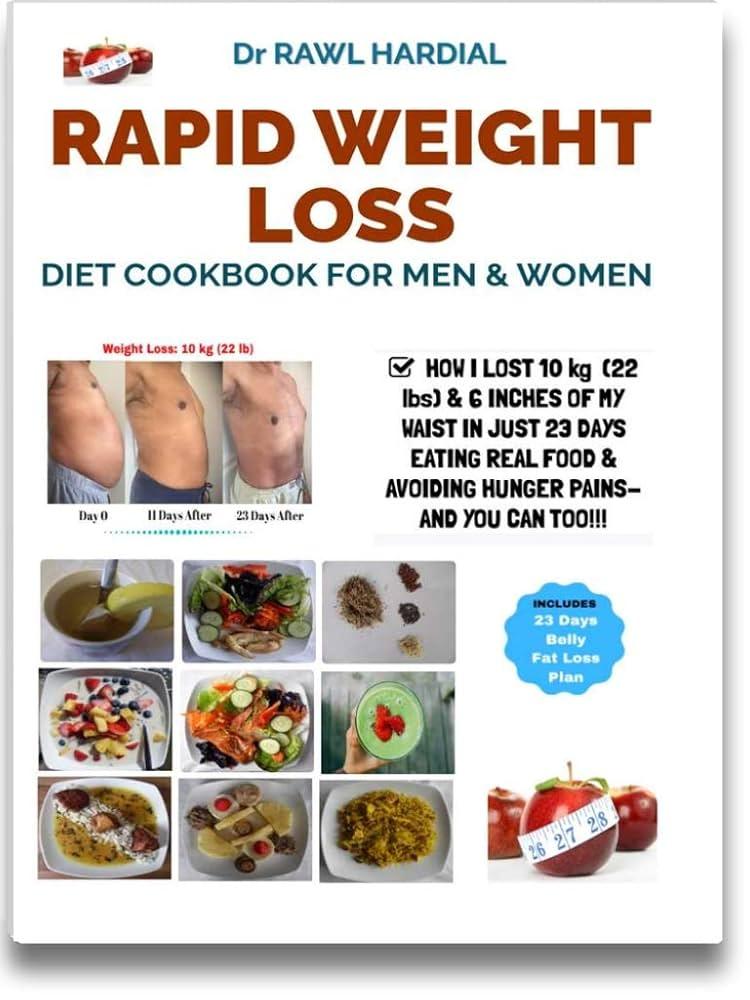In a world overflowing wiht diet trends and miracle cures, finding the right weight loss plan can feel like navigating a maze without a map. Every year, new approaches emerge from every corner—some promising rapid results, others advocating for lasting, balanced lifestyles. So how do you separate the fleeting fads from the truly effective? In this guide, we present the year’s 10 best weight loss diets, evaluated through a lens of science, balance, and real-world practicality. Whether you’re a seasoned health enthusiast or just beginning your journey, these carefully curated diets offer a spectrum of choices designed to fit varied lifestyles and goals—no gimmicks, just grounded guidance for lasting well-being.
Top Diets that Blend Nutrition and Sustainability
Embracing a diet that nourishes both your body and the planet is becoming increasingly essential. Diets like the Mediterranean and Flexitarian focus on whole, plant-forward foods while minimizing environmental impact.These eating plans emphasize seasonal vegetables, legumes, whole grains, and moderate amounts of sustainably sourced fish and meat. By prioritizing less processed ingredients and reducing reliance on animal products, these diets create a harmonious balance between personal health and ecological duty.
Beyond just the ingredients, how these diets are implemented plays a key role in sustainability. Simple strategies such as choosing local produce, reducing food waste, and supporting regenerative farming practices amplify the positive effect.Diets with built-in versatility—allowing for cultural preferences and accessibility—ensure that sustainability doesn’t come at the expense of enjoyment or practicality. Here’s a quick snapshot of core features that make these diets eco-friendly and nourishing:
| Diet | Key Features | Environmental Focus |
|---|---|---|
| Mediterranean | Olive oil, fresh produce, fish | Low meat, high plant intake |
| Flexitarian | Mostly plant-based, occasional meat | reduced carbon footprint |
| Nordic | Local berries, whole grains, fish | Seasonal & locally sourced |

Understanding the Science Behind Popular Weight Loss Plans
At the core of every effective weight loss plan lies a fundamental principle: achieving an energy balance that favors a calorie deficit, encouraging the body to burn stored fat for fuel.However, beyond calories, macronutrient composition, hormone regulation, and metabolic adaptations play significant roles. For example, low-carb plans often reduce insulin levels, which can promote fat burning and reduce hunger, while high-protein diets enhance satiety and muscle preservation during weight loss. Understanding these mechanisms helps clarify why some plans deliver quicker results or better long-term adherence than others.
Many popular diets also incorporate behavioral and physiological strategies that influence weight loss success. These include:
- Intermittent fasting: enhances metabolic flexibility by cycling between feeding and fasting states.
- Plant-based approaches: emphasize fiber and nutrient density,improving gut health and appetite control.
- Mediterranean-style diets: support heart health and reduce inflammation with their focus on healthy fats.
| Diet Type | Key Mechanism | Primary Benefit |
|---|---|---|
| Low-Carb | Insulin reduction | Fat mobilization |
| High-Protein | Satiety & muscle retention | Reduced appetite |
| intermittent Fasting | Metabolic flexibility | Improved fat burning |
| Plant-Based | Fiber & nutrient density | Gut health support |

Tailoring Your Choice to Personal Lifestyle and Health Needs
Choosing the ideal diet is not just about popularity or rapid results; it’s crucial to align your selection with both your daily routine and unique health considerations. Factors such as work schedule, family commitments, and even social habits can make or break the sustainability of a weight loss plan. For example, a busy professional might thrive on a flexible eating window like intermittent fasting, whereas someone with dietary restrictions may find a tailored plant-based or Mediterranean diet more compatible. Remember that even the most scientifically supported program falls short if it clashes with your lifestyle or personal preferences.
Beyond lifestyle, understanding how underlying health issues interact with certain diets can dramatically influence your success. Conditions such as diabetes, gluten intolerance, or thyroid imbalance require more than generic advice—they demand a thoughtful approach that balances nutritional needs with medical guidance. here’s what to consider:
- Energy levels: Does the diet support your daily physical activity and mental focus?
- Food preferences & allergies: Are you able to maintain variety without triggering adverse reactions?
- Medical restrictions: Does the plan align with your physician’s recommendations?
- Long-term sustainability: is the diet flexible enough to evolve with your changing needs?
| Diet Type | Best For | Key Consideration |
|---|---|---|
| Keto | Low-carb lovers | Monitor cholesterol levels |
| Mediterranean | Heart health focus | Rich in healthy fats |
| Plant-based | Vegetarians & vegans | Ensure adequate protein intake |
| Intermittent Fasting | Busy schedules | Adapt for energy demands |

Expert Tips for Staying Consistent and Motivated on your Diet Journey
Maintaining momentum throughout your diet journey boils down to a combination of mindset shifts and practical strategies. Start by setting realistic goals—small, achievable milestones that celebrate progress without overwhelming you. Embrace flexibility by allowing occasional indulgences, which helps prevent the feeling of deprivation. Partner your diet with enjoyable physical activities to keep the motivation alive, and remember to track your progress visually, whether through journaling or apps. This creates a sense of accountability and fuels your commitment.
Creating a supportive environment is equally essential. Surround yourself with people who encourage your choices or join online communities where shared experiences boost morale. Use reminders and positive affirmations to reinforce your dedication daily. Below is a simple tool to evaluate your motivation factors and barriers—this can definitely help tailor your approach and keep your focus sharp:
| Motivators | Potential Barriers |
|---|---|
| Improved health | Social temptations |
| Increased energy | Time constraints |
| Better confidence | Lack of knowledge |
| Support system | Emotional stress |
Concluding Remarks
As we wrap up this journey through the year’s top weight loss diets, it’s clear that no single plan holds all the answers. Each approach offers a distinct path—whether fueled by science, lifestyle, or personal preference—to better health and well-being. the key lies not in chasing trends but in finding a balanced method that resonates with your unique needs and goals.After all, the best diet is one that supports your body, nurtures your spirit, and fits seamlessly into your daily life. here’s to making informed choices and embracing a healthier you, one mindful bite at a time.




